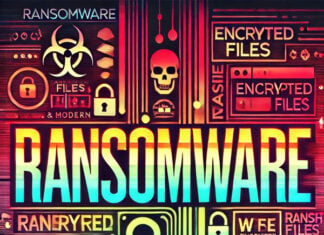
Researchers from the Ben Gurion University of the Negev have developed a new technique which helps keep users downloading internet videos and images safe from cyber attacks. As downloadable and streaming video or pictures, related content is being used as launch vehicles for cyber attacks, the content has turned into a paradise for hackers and malware developers.
Cisco Visual Networking Index research report of 2016 says that by the year 2020, internet videos will constitute around 82 percent of all global consumer internet traffic. And so, cyber attackers will use the said content as launch pads by inducing malicious codes, as the content can easily bypass the regular security checks of data transfer systems.
In order to counter such sophisticated cyber threats in future, Professor Hadar developed a series of algorithms that can completely prevent attackers from being able to infiltrate and extract info through videos and pictures.
The new technique can help combat the process called Steganography where a hidden message can be passed via an image file. Hence, the technique helps in sending a receiver a malicious message.
“Steganography is a process of inserting malicious codes within videos and photos to attack the viewer. The new algorithm developed by our researchers will help solve that problem in the compressed domain by manipulating the file’s payload to remove the malicious code without damaging the data quality”, said Professor Hadar.
Named as The Coucou Project, the approach helps in addressing two potential attack scenarios where a victim’s server or host is infected by malware by means of social engineering attacks such as Phishing scams or other means.
In the first case, an image is uploaded by a user to a social media site and malware embeds the classified info into the uploaded content. And in the second case, the attacker infects the content to a social network or other server and the malware can extract the malicious code and execute it.
As per the experimental results, the Coucou project has virtually resulted in protecting 100% of users from cyber attacks. So, the companies offering anti-malware and firewall solutions can take the help of Coucou protection applications and techniques to develop more solutions related to PC and mobile security in future.
The Coucou Project is being funded by the BGU Cyber Security Research Center and the BaseCamp Innovation center at the Advanced Technologies Park.

















